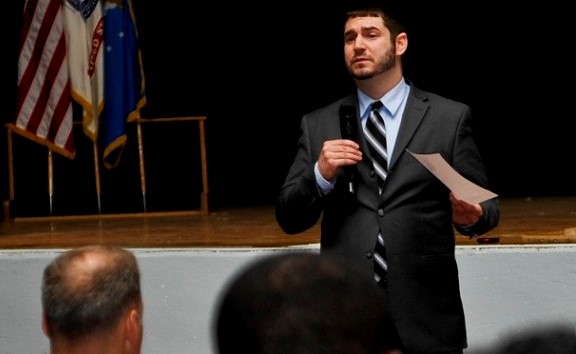When I was a child, my mother always used to say that doctors are the living embodiment of God. I never understood what she meant by that but nevertheless, I believed her. I have grown up watching people obey and respect doctors, place them on the highest pedestals of our society and worship them – and then, I have seen people curse them, beat them and if need be, kill them! Gradually, I started asking myself, is this how we worship Gods? Is this what we do—repay humanity with vengeance? Are doctors truly gods in the first place?
I write this article a few weeks after a heinous incident shook the core of our nation. On 10th June, 2019, two on-duty intern doctors, Dr. Paribaha Mukhopadhyay and Dr. Yash Tekwani of Nil Ratan Sircar Medical College & Hospital (NRSMCH), Kolkata, West Bengal were attacked by a mob of 200 goons, all claiming to be relatives and well-wishers of a 75-year old patient who had passed away in the evening after a major heart attack. While Paribaha suffered a deep dent on the frontal bone of the skull and was admitted in an ICU at The Institute of Neurosciences, Kolkata, Yash also had a serious head injury. What ensued thereafter, were a political melodrama, harassments caused to thousands of patients, more attacks on doctors all over the state, mass resignation of doctors and medical professors all over the country and most importantly, a nationwide protest of a magnitude not witnessed in India for a long time.
The NRS incident was neither the first nor the last attack on doctors. On one hand, when the nationwide protest was going on demanding the safety of the medical fraternity and proper infrastructure in government hospitals, on 14th June, 2019, a doctor in Gaya district in Bihar was tied to a tree, while goons gang-raped his wife and robbed him. On that same day, the owners of a dog in Kerala assaulted a veterinary doctor. The list goes on!
As I kept pondering over the grave situation, the question that kept on haunting me was why would people feel the need to take up arms against doctors in the first place! Of course, the answer to this question brought me to the dark side of the medical fraternity. Often, people complain about doctors refusing to treat poor patients in government hospitals and instead, forcing them to make appointments in their private chambers. People who cannot afford to make such appointments are forced to undergo treatments in government hospitals under extremely poor conditions, which often leads to medical negligence and imminent death of the patient. In addition to this, India remains an easy market for illegal organ trade where avaricious doctors trick and coerce financially unstable and illiterate people in donating their kidneys, liver etc. and sell them for lakhs of money.
I also dug out certain facts on the other side from some of my friends who are ex-students of NRSMCH and had participated in this movement. In our country, the situation is such that around four doctors are operating the emergency of a government hospital with the help of nurses and other staff. Adding to this, the OPD ticket cost is as low as 2 rupees per patient, which is even less than the one-way bus fare of the patient. Even with minimum infrastructure and unchecked patient load, doctors manage to perform their duties in these adverse conditions, sacrificing their own family lives. Under such circumstances, when a patient is brought to the emergency in a delicate condition, even after all necessary measures required to resuscitate him are taken, he might succumb to the natural consequences. However, when truckloads of goons attack a doctor or assault him, the only defense he has is his knowledge – not a gun, not a stick, not an iron rod, not a brick – only knowledge! It seems though, that lately, knowledge is falling short and the saviors of the world are quickly becoming the victims while the government and the police authorities stand aside without uttering a word, witnessing these events as silent spectators.
As I pause to conclude this outpour, I realize with a heavy heart that I am writing this on 1st July, 2019—the day celebrated as National Doctor’s Day all over India in memory of Dr. Bidhan Chandra Roy on his birthday. He was a man who believed in People – irrespective of religion, caste, creed, or political views. He believed in humanity! I wonder if this is the India he dreamt of freeing from the British stronghold – a world where innocent doctors pay for the sins of money-mongering doctors who use their knowledge for some sinister business. Or a world where a mob is ready to assault doctors whenever it is discontented! It is true that if a patient feels that his doctor is at fault, he has the right to question him but as patients and caretakers, it also becomes our responsibility to opt for the right recourse.
The act of hooliganism witnessed by Bengal on the night of 10th June, 2019 must be condemned with the severest of measures taken against the perpetrators. The whole nation stood by Bengal in this time of distress because it was the right thing to do. However, it is high time that we start addressing the real issues haunting the lives of millions of people in our country and uproot them root and stem, that we start asking questions more often without waiting for a Paribaha or a Yash to get attacked while serving the people of this country!












